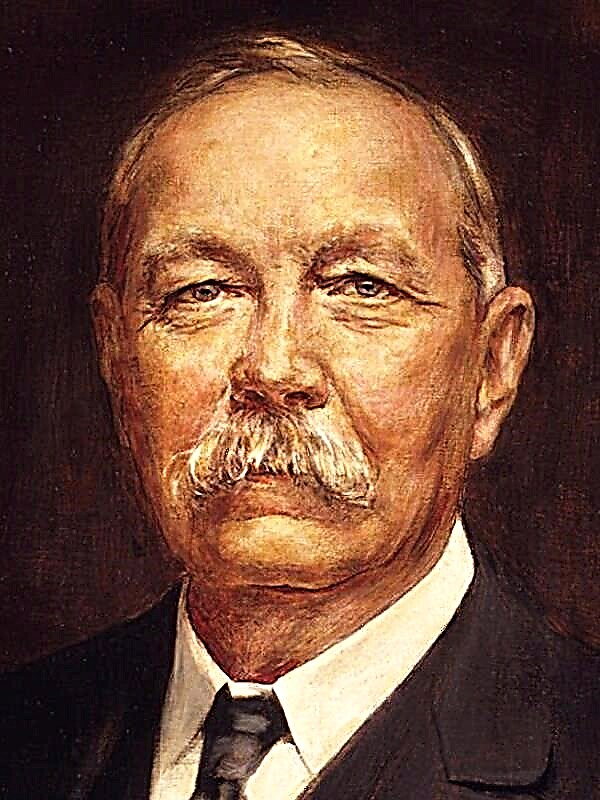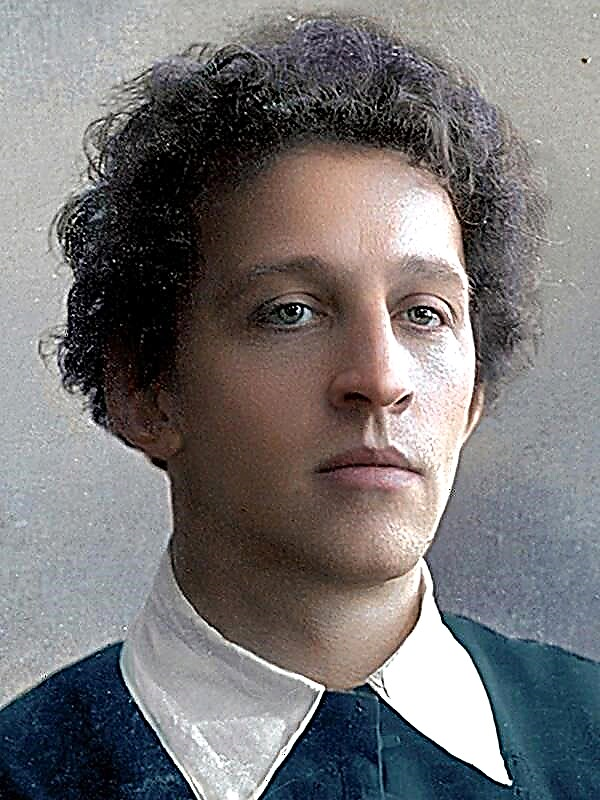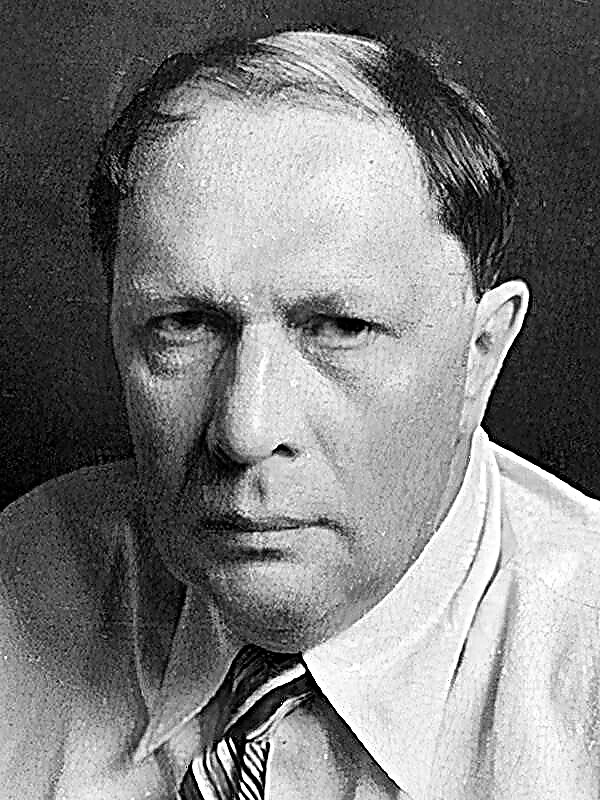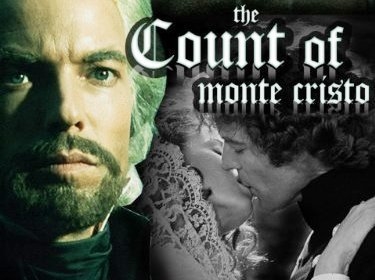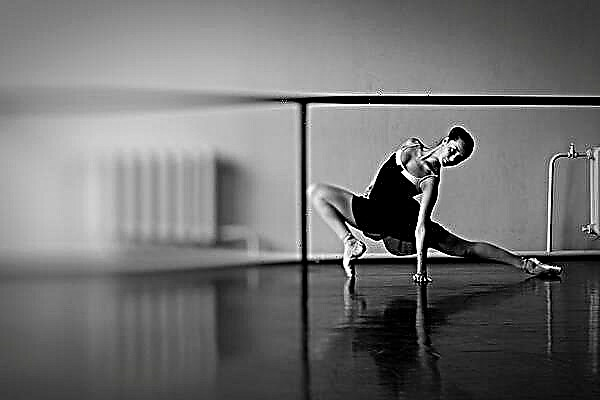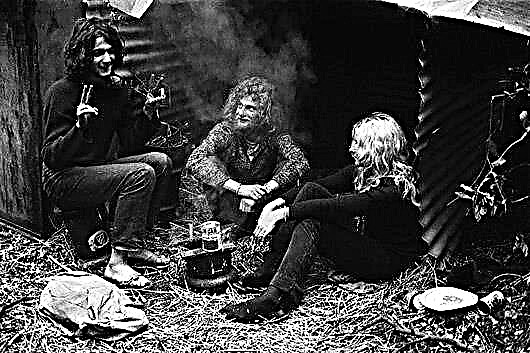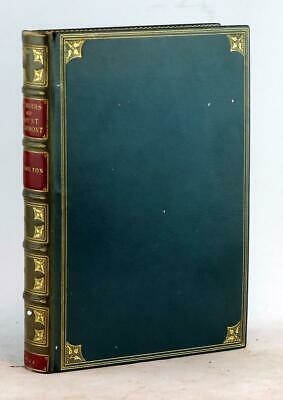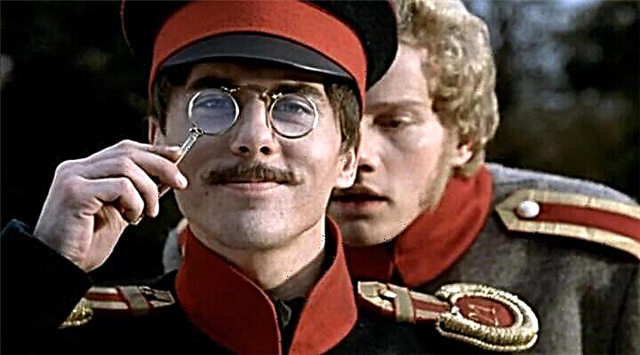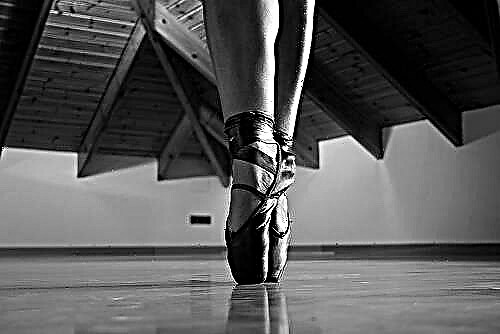Rodion Raskolnikov, as you know, came up with his own theory, dividing people into "trembling creatures" and "right having", thereby allowing "blood of conscience." Throughout the whole work, the hypothesis of this hypothesis is proved. One of the author’s outstanding means in the fight against the ideology of hatred is dreams. They are symbols, the decoding of which is the key to understanding the complex and multi-tiered design of Dostoevsky.
Dreams of Raskolnikov
- About a slaughtered horse. Already the first dream of the protagonist shows his true features and reveals his ability to compassion. Raskolnikov is transferred to childhood, he sees a horse, which the brutalized people beat with a whip. This episode proves the ambiguity of the character of the young theorist, who, empathizing in his dream to a poor animal, in reality prepares to kill a person. This dream becomes a symbolic expression of a world overflowing with violence, suffering and evil. It contrasts the tavern, as the personification of the ugly, base world, and the church, with which Raskolnikov has sad, but bright memories. The motive of salvation from the terrible world of reality through faith will continue to be traced throughout the novel.
- About Africa. Shortly before the fateful act, Raskolnikov dreamed about Africa in a dream. He sees an oasis, golden sand and blue water, which is a symbol of purification. This dream is the antithesis of the terrible everyday life of the hero. An important detail is that Rodion dreams of Egypt. In this regard, in a dream appears the motive of Napoleonism. The Egyptian campaign was one of the first undertaken by Napoleon. But there the emperor was waiting for failure: the army was struck by the plague. So the hero expects not a triumph of will, but disappointment in the finale of his own campaign.
- About Ilya Petrovich. After the murder of an old woman-interest-bearing woman, the young man is in a fever. Heat provokes two more dreams. The first of them is about Ilya Petrovich, who beats the owner of Rodion's rental home. It can be seen from him that Raskolnikov does not tolerate bullying of a man, no matter how bad he may be. It is also easy to understand that Rodion Romanovich Raskolnikov has a fear of formal punishment (law). This fact is embodied in the figure of a policeman.
- About the laughing old woman. Raskolnikov returns to the scene of the crime, where the murder he committed is almost repeated. The difference is that this time the old woman laughed, mocking the hero. This may indicate that, killing the old woman, he killed himself. Frightened, Raskolnikov flees from the scene of the crime. In this dream, Rodion feels the horror of exposure and shame, which really torments him. In addition, this nightmare confirms that the main character was not mentally capable of killing, it was painfully perceived by him and became the reason for his further moral self-destruction.
- Sleep in hard labor. The last dream of the hero finally confirms the failure of Rodion's hypothesis. “He dreamed of illness, as if the whole world had been condemned to some terrible, unprecedented and unprecedented pestilence” - the killer sees how his plan to “save” everything is realized, but in practice it looks awful. As soon as the line between good and evil disappears thanks to sophistic speculative reasoning, people are plunged into chaos and lose the moral foundations on which society is based. The dream is opposed to theory: the hero believed that “people with a new thought are extraordinarily few”, and in a dream it says that the world collapses from a lack of “pure people”. Thus, this dream promotes Raskolnikov’s sincere repentance: he understands that what is needed is not elaborate wisdom from the onion, but sincere and good deeds, opposed to evil and vice.
Dreams of Svidrigailov
Svidrigailov is a character who also has symbolic dreams pierced by deep meaning. Arkady Ivanovich - a man fed up with life. He is equally capable of both cynical and dirty deeds, and noble ones. He has several crimes on his conscience: the murder of his wife and the suicide of a servant and an insulted girl who was only 14 years old. But his conscience does not bother him, only dreams convey the hidden side of his soul that is unknown to the hero himself, it is thanks to his dreams that Arkady Ivanovich begins to see all his vileness and insignificance. There he sees himself or a reflection of his qualities that terrify him. In total, Svidrigailov sees three nightmares, and the line between sleep and reality is so blurred that it is sometimes difficult to understand whether it is a vision or a reality.
- Mice. In the first dream, the hero sees mice. The mouse is considered the personification of the human soul, a beast that quickly and almost imperceptibly escapes like a spirit at the time of death. In Christian Europe, the mouse was a symbol of evil, destructive activity. Thus, we can conclude that in the dream of Svidrigailov, the rodent is a harbinger of trouble, the inevitable death of the hero.
- About the drowned girl. Arkady Ivanovich sees a suicide girl. She had "an angelically pure soul, tearing out the last cry of despair, not heard, but blatantly scolded in the dark night ...". It is not known exactly, but there were rumors about Svidrigailov that he had seduced a fourteen-year-old girl. This dream seems to describe the past of the hero. It is possible that it is after this vision that conscience awakens in him, and he begins to become aware of all the baseness of actions from which he had previously enjoyed.
- About a five year old girl. In the last, third dream, Svidrigailov dreams of a little girl whom he helps without any malicious intent, but suddenly the child transforms and begins to flirt with Arkady Ivanovich. She has an angelic face, in which the essence of a base woman gradually looms. She has a deceptive beauty that externally covers the soul of man. In this five-year-old girl, all the lust of Svidrigailov was reflected. It scared him the most. In the image of demonic beauty, one can see a reflection of the duality of the character of the hero, a paradoxical combination of good and evil.
Waking up, Arkady Ivanovich feels his complete spiritual exhaustion and understands: he has no strength and desire to live on. These dreams reveal the complete moral bankruptcy of the hero. And, if the second dream reflects an attempt to resist rock, the latter shows all the ugliness of the hero’s soul, from which there is no escape.
The meaning and role of dreams
Yu.F. Karyakin, literary critic, publicist and author of works on the work of Dostoevsky, writes the following:
Dostoevsky’s dreams are a naked conscience, not spoken by any soothing, glorious words.
Thus, in dreams, the true characters of the heroes are revealed, they show what people are afraid to admit even to themselves.

